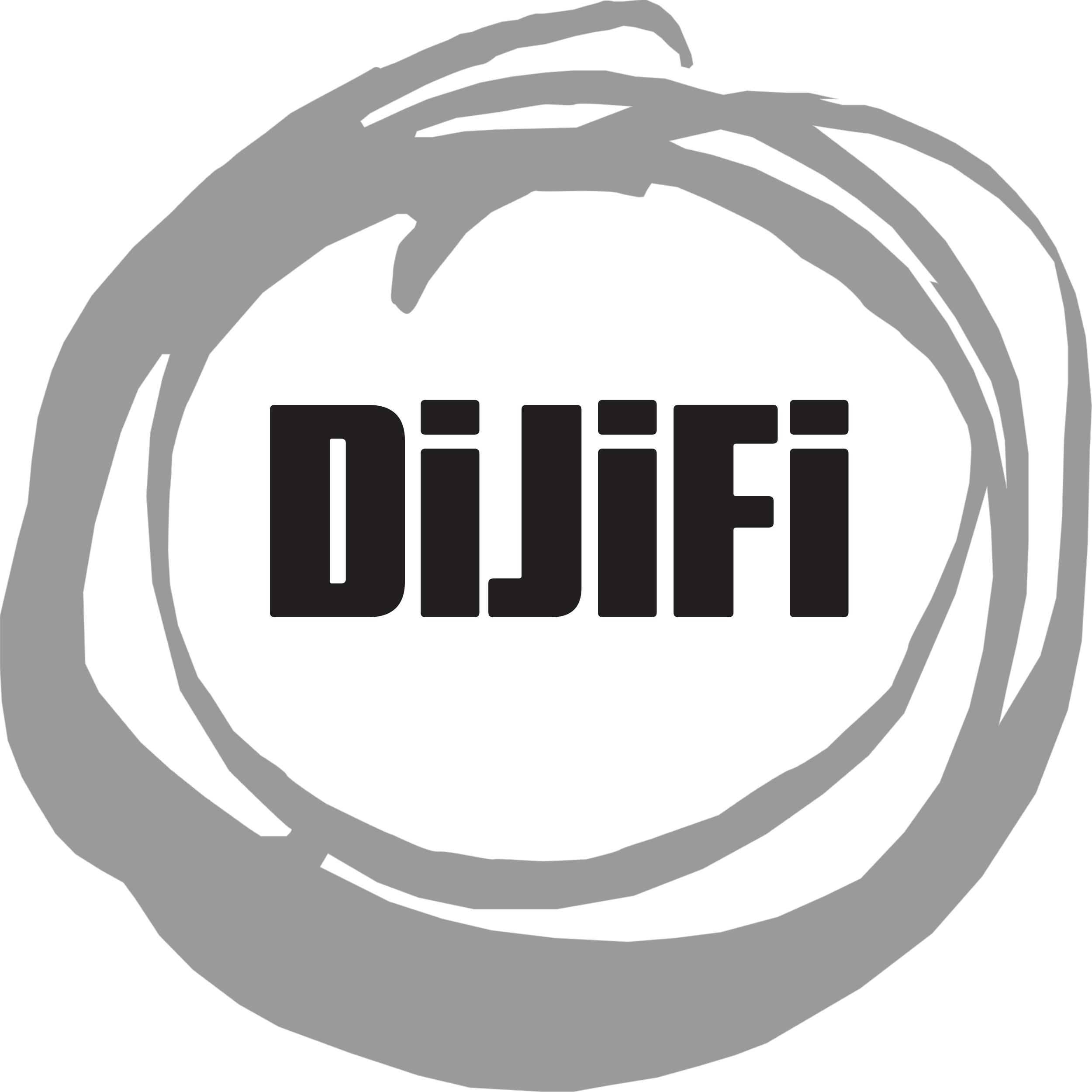Dos and Don’ts for Organizing Your Digital Documents
Digitizing your documents has tremendous value. As you sift through what feels like millions of music files, school documents, and financial records, you can’t help but notice the amount of data compiled in your computer or external hard drive.
Looking at it now, your current system may not be as efficient as it could be. Here are the dos and don’ts for organizing your digital documents.
Do Assign Files Detailed Titles
When naming your files, it helps to assign titles in a consistent and detailed fashion. Imagine the following scenario: you’re seeking employment and want to attach a resume to the completed application.
When searching for your resume, you find many files containing “resume.doc” or “resume1.doc” on your computer. Instead of losing time opening each file, hoping to locate an updated version, it would be wise to name them distinctively.
Instead of the standard title, consider using dates and keywords to determine recent versions. For example, you can rename a document “resume-2022-08-01.docx” or “resume-2021-criminaljustice.doc.” This system also reduces search time so you can locate essential files quickly.
Don’t Save Every File
This strategy may appear challenging at first since you never know when a situation may call for a necessary file from many years ago. However, relying on this tactic encourages you to hold on to ancient documents, even if they fulfilled their purpose long ago.
It’s acceptable to delete duplicates and rid your computer of older documents to decrease the amount of clutter taking up space in your hard drive. This suggestion can also apply to blurry, overexposed photos; consider deleting them before importing them into your computer.
Do Use Efficient Shortcuts
When developing shortcuts, it helps to assign one to a specific folder or document and place it on your desktop. By doing so, you can keep the original folder in its organized location and access it quickly and easily.
Don’t Create Overly Complicated Folder Systems
Creating a system that heavily depends on the use of sub-folders is tempting! But it’s easy to get lost in them. Fortunately, you don’t need many folders to remain organized. Consider creating folders for major file types or by project instead and leaving minor documents behind.
As you continue to digitize your personal documents, it’s easy to lose track of files you need readily available. You may not want a system that doesn’t rely on the typical “type and search” strategy but an alternative that separates the clutter from the essentials.
Learning the dos and don’ts for your digital documents can be a matter of your specific, personal style; however, once you establish a strategy, your files will be much easier to locate. For further assistance, contact us at DiJiFi! We specialize in converting paper documents to digital files while providing a way to remove the clutter from your computer system.

